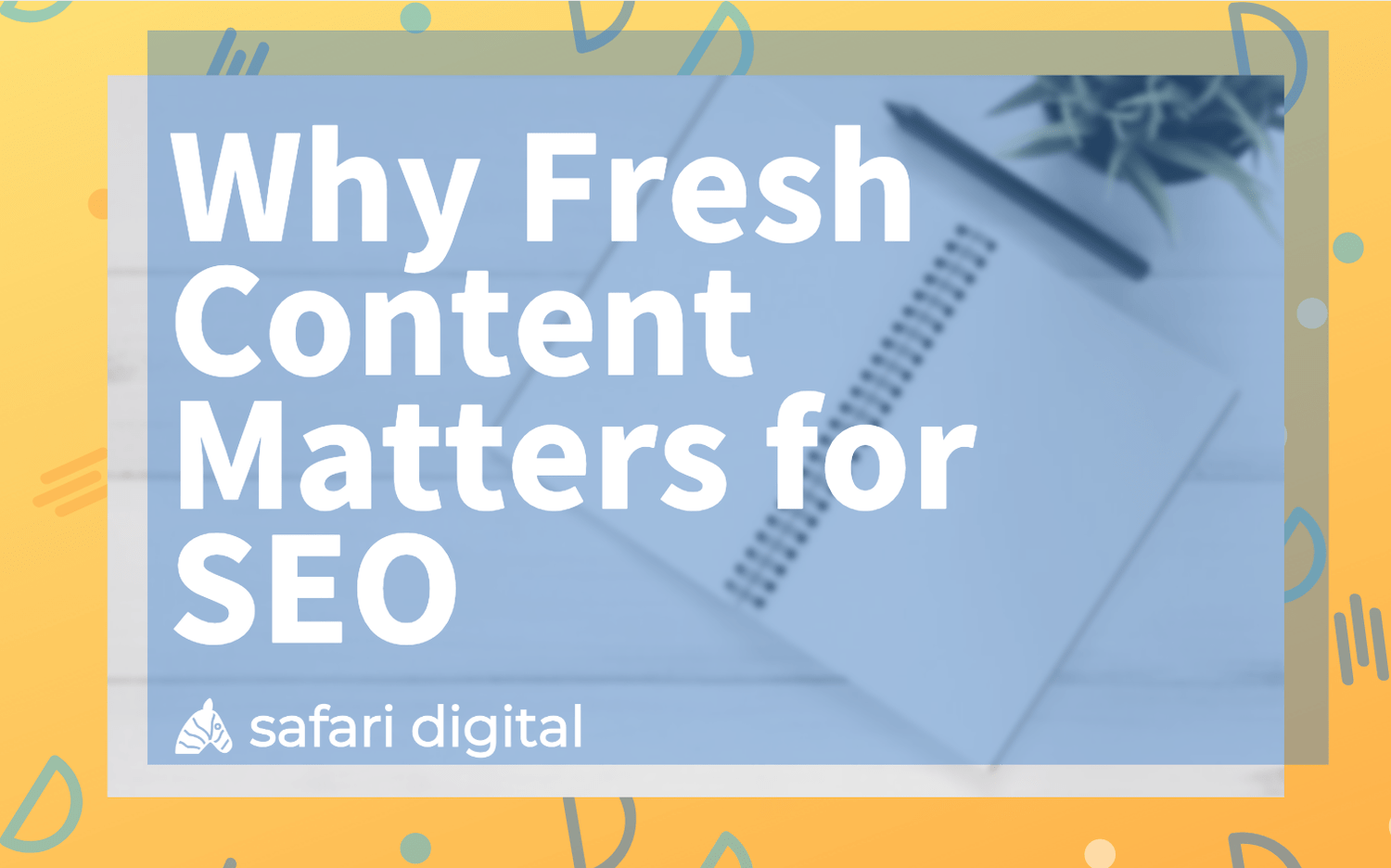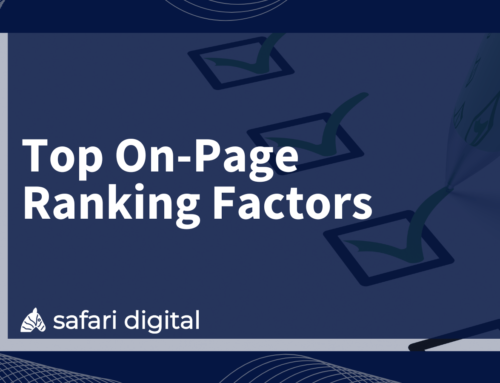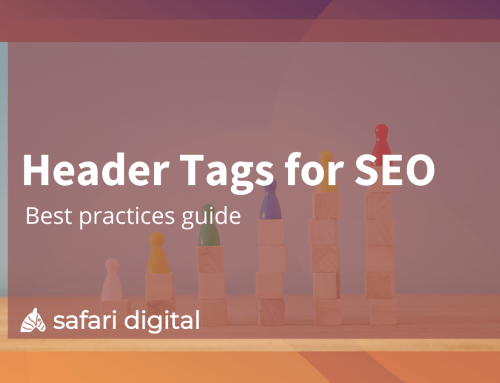
In 2018, Google’s John Mueller said that Google does not favour ‘fresh content’ over existing content.
Responding directly to the question on twitter; “Does Google favour “fresh” Content?” Mueller answered simply – “no”. Mueller did, however, admit that Google index fresh content pages more often but indexing and rankings are separate.
No
— ? John ? (@JohnMu) August 18, 2018
So, what does that mean for SEO? Anyone who has worked alongside an SEO agency or SEO specialist over the years will be familiar with the phrase “Content is King”. Which seems to be at odds with Mueller’s above statement, no? Well, not really. Mueller is saying is that Google doesn’t necessarily rank new content above existing content purely on publication date. Google aims to provide the most relevant information for users, if that means that an article that was written 5 years ago provides more value than a new one, it will continue to perform better in the SERPs than the newer article.
In terms of capturing more visitors and attracting new leads, more posts is generally considered better. As the old adage goes; “quality over quantity”, which is certainly true for organic traffic, but may be less true for indexability of an entire website.
Fresh Content for Faster Indexing
Not to be confused with higher rankings, fresh content can mean faster indexing for the rest of the content on a website. The more frequently that a website is updated with new content, articles and pages, the more often search engines will crawl and index a site. Websites that are regularly indexed have a far greater chance to achieve higher rankings based on the content that is provided. Fresh content is vital to maintaining on-site SEO.
According to research from Hubspot, companies and businesses that published 16 posts or more per month saw four times more traffic that those who posted less than 4 times. More posts mean more opportunity for inbound links and indexing opportunities. It’s important that content provides value to the reader – but that doesn’t mean it is necessary to deliver 16 highly researched articles each month, for most businesses, this simply is not feasible.
Search engines rely on crawlers and bots for the purpose of identifying and indexing new content to feature in search results. Frequently updated website offers search engines a haven for fresh content and sources of new information for their search requests.
SEO Benefits of Fresh Content
Google Loves Active Websites
Websites that are updated once per day, or a few times per week are considered an “active site” in the eyes of Google. The Googlebot that crawls the web is constantly looking for new content to add to the Google index. Websites that are updated regularly with valuable, user friendly information have a better chance of being ranked by Google with each update.
For websites that don’t have the time to publish 3+ blog posts per week or add new pages on a regular basis, there is another option. The easiest and most time-effective way to keep content fresh and get regular indexing from Google (and other search engine bots) is to update existing content and pages with new images or new pieces of text. While not as effective as adding an article or blog post with new keywords, websites that regularly update existing content are more likely to see an increase in rankings from regular indexing.
Conclusion
A website that is regularly updated with fresh content that provides value to users is more likely to see an increase in rankings and more regular indexing from search engines such as Google.







